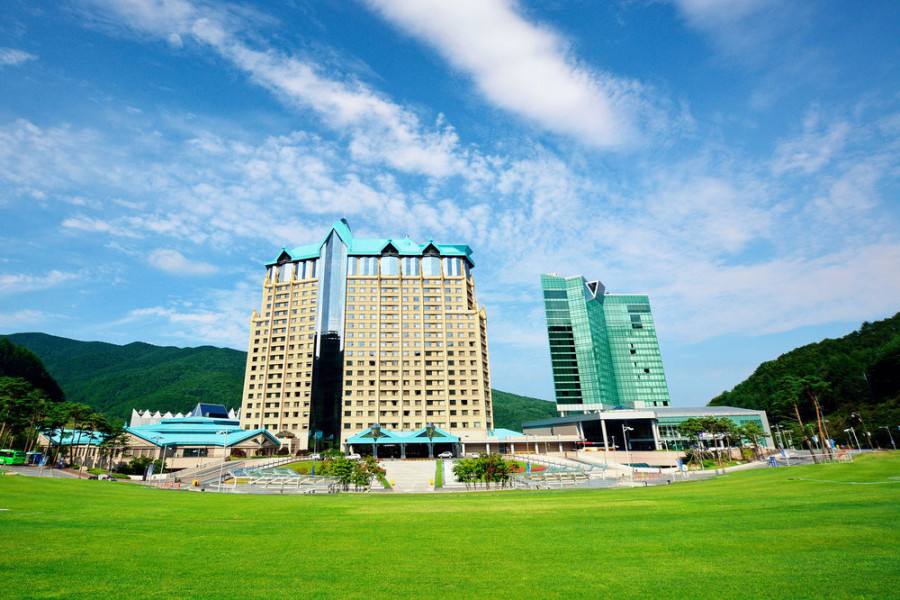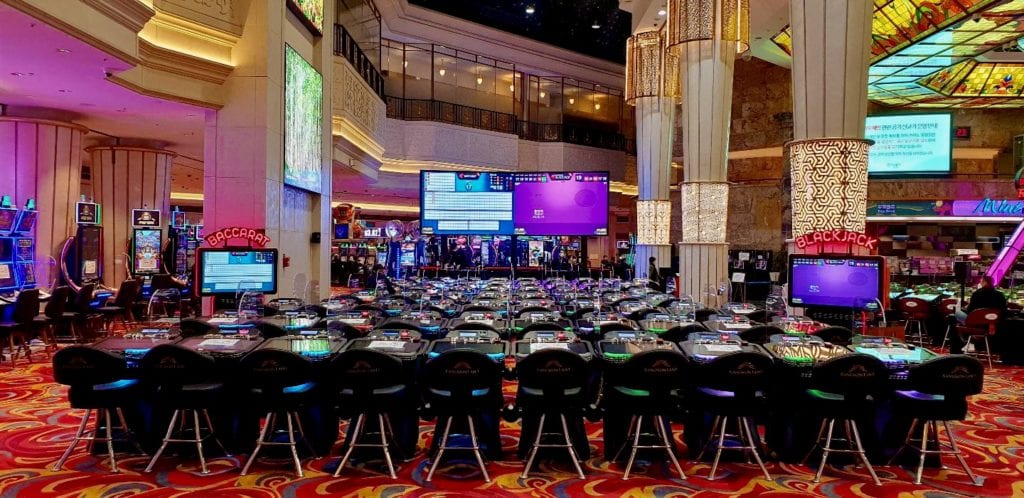
South Korea’s Kangwon Land has recently secured approval from the Ministry of Culture, Sports and Tourism (MCST) to implement new operational changes in its casino business, including updates to rules governing its foreigner-only gaming floor. Among the approved modifications are adding two more gaming machines to the foreigner-only section (raising the total from 1,610 to 1,612 machines), specifying betting limits for foreigner-only games (now capped at KRW 50,000), and installing foreign exchange machines in strategic locations – one near the 4th-floor counter and another on the 5th-floor gaming floor. These rules formalize some of the changes Kangwon Land has been piloting in its foreigner-only zone.

These changes come amid a broader push by Kangwon Land to become more competitive on the regional tourism and integrated resort front. For example, the company has plans for a second casino slated to open in early 2028, as part of a KRW 2.5 trillion (roughly USD 1.9-2.0 billion) expansion project. This master-plan includes increasing non-gaming amenities (hotels, wellness centres, recreation, etc.), expanding casino floor area (from about 14,500 to over 20,000 square meters), and increasing the number of gaming tables and machines. Kangwon Land is aiming not just for greater revenue from gaming, but to shift toward more balanced resort-style income (non-gaming offerings) to strengthen its overall appeal.
The timing is especially important given increased competition in East Asia. Japan’s integrated resorts coming online (e.g. MGM Osaka) are seen by industry players as direct competitive threats, especially because they may draw away regional tourists who otherwise might visit South Korea. Tourism analysts warn that unless regulatory reform keeps pace, South Korea risks falling behind in attracting high-value visitors. Thus, the adjustments to Kangwon Land’s foreigner-only floor—such as more convenient currency exchange, slightly increased gaming options, and clearer betting limits—are part of a broader effort to send a signal: South Korea is open for business, but under controlled and regulated terms.
Still, the reforms reflect a delicate balance. On one hand, loosening certain restrictions (higher bet limits, foreigner-only zones) improves competitiveness and can boost tourism revenues. On the other hand, the government and regulators remain cautious about problem gambling, local moral concerns, and ensuring that benefits (economic and social) are fairly distributed. As Kangwon Land scales up its foreigner-only operations, ensuring that oversight, service quality (including foreign-language staffing, amenities), and visitor satisfaction keep pace will be crucial. If it succeeds, Kangwon Land may serve as a model for South Korea’s evolution toward more fully-integrated resort offerings in the region.


 Content Writer: Janice Chew • Monday, 25/09/2025 - 15:04:53 - PM
Content Writer: Janice Chew • Monday, 25/09/2025 - 15:04:53 - PM